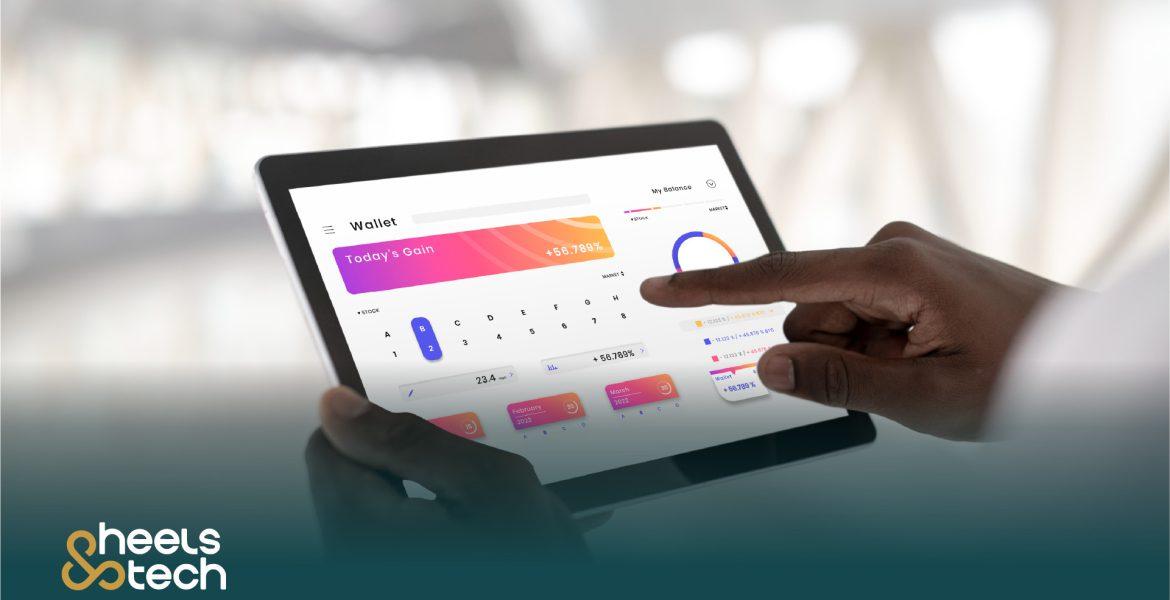Unlocking success as a Data Visualisation Specialist in EdTech: Key Skills and Career Insights
Introduction
In the rapidly evolving world of educational technology,universities,colleges,and schools increasingly rely on data-driven insights to foster student success,improve teaching strategies,and elevate institutional performance. As a result,data visualisation specialists in EdTech have become invaluable assets. These professionals translate complex educational data into clear, actionable visuals that empower educators and administrators to make informed decisions. If you are considering a rewarding and impactful career in education technology, pursuing roles as a Data Visualisation Specialist could be your gateway to unlocking new possibilities in the academic sphere.
Why Data Visualisation Matters in Education Technology
With a wealth of student data being generated every day—from attendance and assessment scores to digital learning footprints—educational institutions find themselves in need of specialists who can interpret and communicate insights effectively. Here’s why the role of a Data Visualisation Specialist in EdTech is crucial:
- Enables Evidence-Based decision Making: Data visualisation bridges the gap between raw data and actionable strategies, enabling educators and leaders to make impactful decisions backed by solid evidence.
- Enhances communication: Clear visuals help convey trends and challenges rapidly, making complex findings understandable for audiences with varying technical backgrounds.
- Improves Learning Outcomes: By interpreting learning analytics, visualisation specialists can highlight patterns that inform curriculum design and personalized learning interventions.
- Facilitates Institutional Growth: From enrollment trends to resource allocation, effective visualisation supports better planning and policy-making at all academic levels.
Key Skills for Aspiring Data Visualisation Specialists in EdTech
Entering the educational technology sector as a Data Visualisation Specialist requires a combination of technical acumen and educational theory. Here’s an overview of essential skills for success:
Technical Skills
- data Analysis: Proficiency in analyzing large datasets, identifying patterns, and extracting relevant insights is foundational.
- Data Visualisation Tools: Familiarity with platforms such as Tableau, Power BI, D3.js, and Python libraries like Matplotlib or Seaborn is highly valued.
- Database Management: Understanding SQL or similar languages helps in retrieving and manipulating educational data efficiently.
- Statistical literacy: A firm grasp of basic statistics is crucial for exploring and representing educational performance indicators.
- Programming Skills: Basic knowledge of programming (primarily Python or R) enables automation and custom analysis techniques.
Soft Skills
- Communication: Articulating insights clearly and tailoring visual reports for both technical and non-technical stakeholders.
- Problem-Solving: Addressing the unique challenges that arise in the dynamic EdTech surroundings with creative solutions.
- Attention to Detail: Ensuring data accuracy and troubleshooting discrepancies in datasets and visualisations.
- Collaboration: Coordinating with educators, IT teams, and decision-makers to ensure data solutions meet diverse needs.
Educational Background
While formal qualifications vary, employers often look for candidates with degrees in computer science, statistics, education technology, mathematics, or related fields.Certifications in data visualisation or analytics can add further credibility.
Career Opportunities for Data Visualisation Specialists in EdTech
Demand for data visualisation experts continues to grow as educational institutions accelerate their digital conversion.Here’s where your skills could take you:
- Universities and Colleges: Collaborating with institutional researchers to analyze student performance, predict enrollment trends, and present accreditation data.
- K-12 Schools: Assisting administrators and teachers in tracking attendance, identifying learning gaps, and generating progress reports.
- EdTech Companies: Designing dashboards and data products for digital learning platforms, assessment systems, and adaptive learning tools.
- Educational Nonprofits and think Tanks: Supporting research projects and educational reform initiatives with compelling data visualisations.
- Corporate L&D Teams: Applying visual analytics to employee education programs, especially in organizations developing internal learning portals.
Typical job titles include:
- Data Visualisation Specialist
- Learning analytics Analyst
- education Data scientist
- Business Intelligence Analyst (Education Sector)
- Instructional Data Designer
Benefits of Working as a Data Visualisation Specialist in EdTech
Embarking on a career as a Data Visualisation Specialist in edtech brings not just professional fulfillment but also unique benefits:
- Purpose-Driven Work: Directly impact student success and institutional advancement through data-informed decisions.
- Continuous Learning: Gain exposure to the latest data tools and emerging trends in both education and technology.
- Diverse collaboration: Work alongside educators, administrators, IT professionals, researchers, and policymakers.
- Job Security and growth: As data continues to shape the future of education,demand for your expertise will only increase.
- Versatility: Many edtech roles offer hybrid or remote work options, allowing a better work–life balance.
Practical Tips to Launch Your Career in EdTech Data Visualisation
- Build a Portfolio: Showcase your skills through interactive dashboards and data stories using open educational datasets.
- Stay Updated: Regularly explore new data visualisation techniques and EdTech developments through courses, webinars, and conferences.
- network with Educational Professionals: Join EdTech communities and participate in online forums to exchange ideas, gain mentorship, and discover job opportunities.
- Understand the Educational Context: Familiarize yourself with K-12, higher education, and corporate learning environments to tailor your visualisations to their specific needs.
- Pursue Relevant Certifications: Courses in data analytics, education technology, or even teacher training can boost your credibility and understanding of the sector.
- Customize Your Resume: Highlight your data skills, educational projects, and any EdTech-specific experience when applying for roles.
- Prepare for Interviews: Be ready to present your data visualisation work and discuss the real-world impact of your projects on educational outcomes.
Conclusion
The EdTech landscape is transforming how students learn, teachers instruct, and educational leaders make strategic decisions. As a Data Visualisation Specialist in education technology, you are uniquely positioned to turn complex data into meaningful, actionable insights. By cultivating a blend of technical expertise, educational awareness, and creative flair, you can drive innovation and positively influence the future of education. If you are passionate about data, storytelling, and making a difference in academia, this is the perfect time to embark on your journey as a Data Visualisation Specialist in EdTech.

